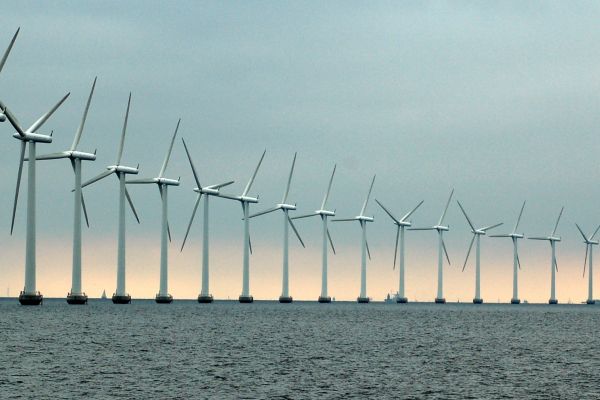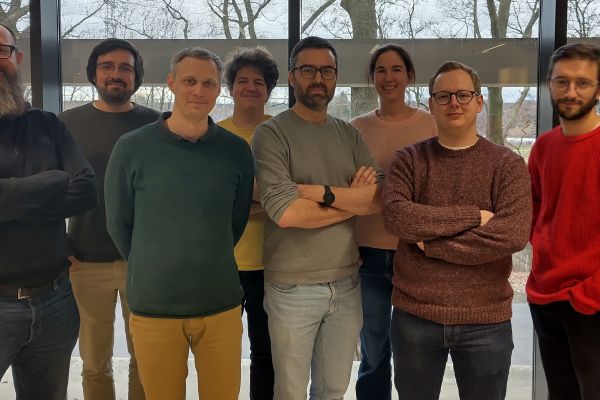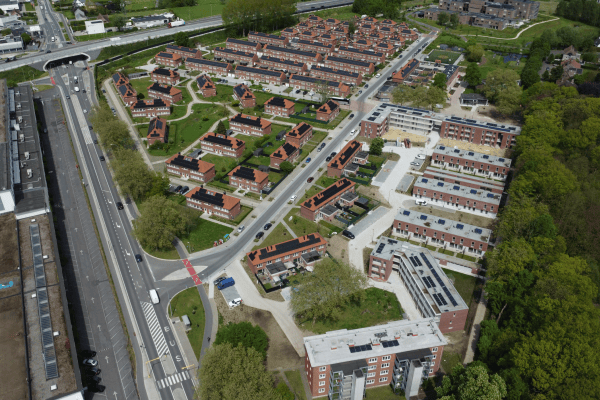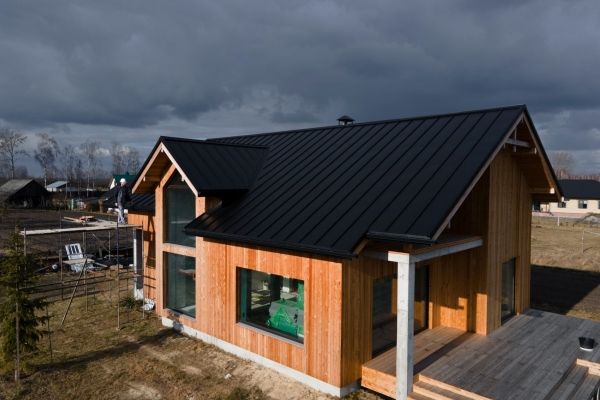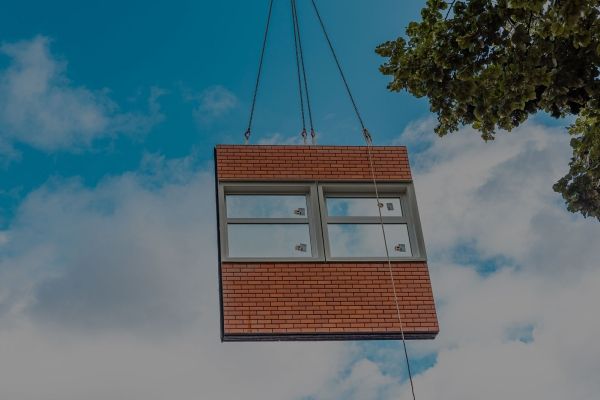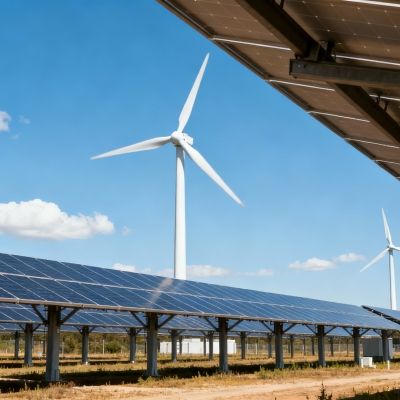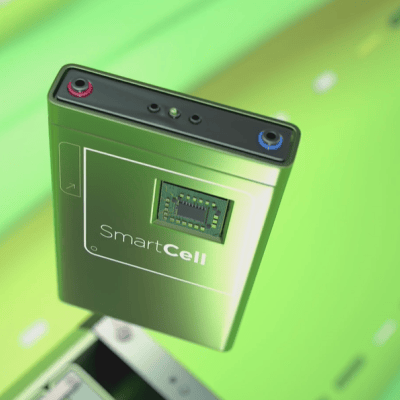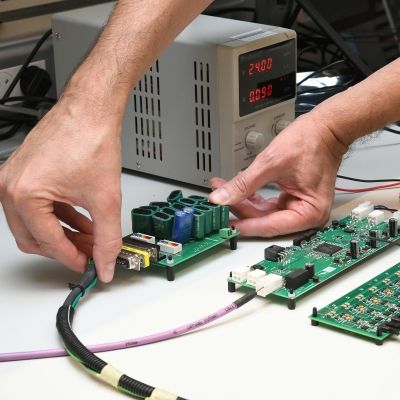Reuse of electric car batteries can deliver six times more to the Flemish economy than recycling alone
Now that we are all driving electric and our roofs are full of solar panels, it is worth taking a closer look: what are we going to do with all those batteries and panels when they reach the end of their (first) life? By converting them into home batteries, the Flemish economy will earn up to six times more by 2030 than just recycling them. Researchers have calculated this. Flemish Minister of Innovation Hilde Crevits and Flemish Minister of Energy Zuhal Demir, together with Circular Flanders, are taking the necessary steps to respond to this.
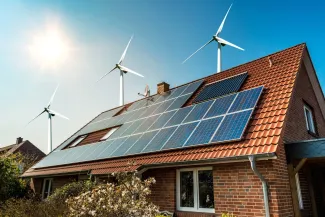
The transition to renewable energy requires the supply of many new materials that are not easy to obtain. For example, for windmills we need exotic-sounding materials such as neodymium and dysprosium, for batteries lithium and cobalt. They are rare, very sought-after, in the hands of a few players or mined in mines where the working conditions are problematic to say the least. The International Energy Agency expects the demand for these materials to at least double by 2040. So we'd better make smart use of the materials we have in Flanders.
Converting an electric car battery into a home battery
Researchers from the Circular Economy Support Centre worked out future scenarios for electric vehicle batteries and solar panels.
Electric car batteries are built for extreme requirements. They have to catapult hundreds of kilos of car and passengers to high speed in a very short time. In addition, they have to supply energy for hundreds of kilometres and be able to withstand wind and weather. When the vehicles reach the end of their lives, the batteries are no longer suitable for powering cars, but they can still be used in less demanding applications. Like in home batteries, to store the energy from our solar panels.
To do that, you need conversion factories, which transform car batteries into home batteries. Researchers from VITO have calculated that by 2030 such a conversion industry in Flanders, depending on the growth in demand for home batteries, could generate 4 billion euros in extra economic value compared to a scenario in which batteries are only recycled. Of course, such an industry can only exist if enough discarded batteries are released. Today, that is still a matter of conjecture: how long will those batteries last, how quickly will electric driving become mainstream, will car manufacturers prefer to keep the batteries themselves...?
Even if we do not have enough batteries for conversion, high-quality recycling of the batteries still delivers value. We dismantle the batteries and recover the materials from them. This activity can still bring EUR 260 million to the economy.
In other words, the economic benefits of conversion are significantly higher than those of recycling. Conversion also saves up to 615,000 extra tonnes of CO2 because far fewer new home batteries have to be made. The researchers therefore recommend keeping a close eye on market developments and responding in good time to any opportunities that arise.
Glass from solar panels is used in new windows or as sand in the construction industry
For solar panels, too, it pays to anticipate the end of their lives. Over the next 20 years, tons and tons of solar panels will be retired. Unlike car batteries, we do not yet have conversion solutions for them. So we need to recycle solar panels and recover the materials. The glass can be made into new glass, for example, provided that the glass in the solar panels is very pure. Impure glass can then be used as a substitute for sand in the construction industry.
The researchers from the universities of Ghent and Antwerp point out that this recycling of solar panels is best done in a well-considered and finely meshed way. There is recycling and there is recycling. You can do it coarsely and mainly save kilos of material, or you can do it finely meshed and advanced and mainly save valuable materials and spare the environment. For example, by saving mainly the silicon, we gain in terms of environmental impact. Solar panels also contain silver. It would be a shame to let it accidentally disappear under our roads due to too coarse recycling.
Fortunately, Flanders is already very advanced in the field of recycling technology. The Flemish government is therefore resolutely playing the circular economy card, in order to keep as many materials as possible in our economy. That work is coordinated in the public-private partnership Flanders Circular. Recently, Minister Demir also launched a call for subsidies of 30 million euros for further innovation in recycling. In addition, Flemish Minister of Innovation and Economy Hilde Crevits is investing 15 million euros in the circular manufacturing industry: "By investing in research and innovation in the manufacturing industry, we can start recycling and reusing products such as used solar panels and batteries. In this way, we keep critical raw materials in our own country and become less dependent on other countries. Flanders already has the necessary circular assets to join the global competition, which will benefit both our economy and the environment. At the Metallo site in Beerse, for example, metal scrap is recycled to produce pure metals that can be used for the frame in which a solar panel is placed."
"Solar panels and the batteries of our electric cars are full of important and rare materials that can also be of great value in a next life. Flanders is already one of the European star players in circular economy. By looking ahead and thinking now about new applications and reuse of materials from today's important energy sources, we will also be less dependent in the future on the import of these materials from abroad. The current energy crisis has taught us that such imports are often very unpredictable, not to mention expensive", says Flemish Minister of Energy and Environment Zuhal Demir.
About the Circular Economy Support Centre
The Circular Economy Policy Research Centre unites researchers from KU Leuven, UAntwerp, UGhent and VITO and carries out policy support research funded by OVAM and EWI. The main objectives of the research centre are to measure and map the transition to a circular economy and to analyse policy instruments and strategies that contribute to the transition, as well as the impact of new trends on it. The publications and results of the research can be found on ce-center.be.
The research on EV batteries was carried out by VITO by Jeroen Gillabel, Yoko Dams and Ive Vanderreydt. The research on PV-panels was conducted at UGent and UAntwerpen by Dr. Gwenny Thomassen.
Both studies were presented at the closing conference of the Circular Economy Support Centre on 22 November 2021 where the Circular Economy Monitor for Flanders was also launched. On Friday 17 December, the Flemish Government approved the founding of a new Circular Economy Support Centre that will carry out policy-relevant research in the period 2022-2026.




